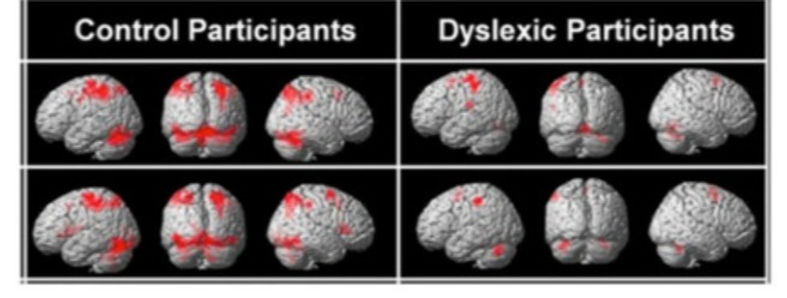
.png)
Let your heart and brain do the changing for you
Some "types" of dyslexia
To explain the different "symptoms" shown by those with dyslexia, researchers have identified different "types," "subtypes," or "sub-components" and their combinations.
The three below show that a phonological explanation alone is not enough, and a more comprehensive approach is necessary to address dyslexia.
Phonological/Dysphonetic/Auditory Dyslexia
This shows up as being difficult to "sound out" or match sound to letters—decode. Those with poor phonological awareness are best helped by explicit, systematic instruction in phonics, the current main approach in schools.
However, before matching sounds to letters, the individual must recognise that words are made up of small sound units (phonemic awareness), which can be broken down, manipulated and blended, and this needs good memory and auditory processing.
When this doesn't happen it seems that the different parts of the brain needed for good reading are not regulated or synchronised.

Why good auditory processing is necessary for good reading
Rapid Naming Deficit - Dyseidetic/Visual/Dyslexia.
People with this subtype struggle to recognize common words by sight, or they may learn regular words by sight quickly enough but not manage non-regular words.
They need many, many more repetitions before they can recognize a word instantly without needing to sound it out.
This may be because the brain
-
finds it hard to remember what the word looks like especially words that don’t sound the way they’re spelled. They have difficulty knowing where to put hyphens, capital letters and other punctuation.
-
doesn’t receive the full picture of what the eyes are seeing (poor visual processing) so they may have difficulties learning to form letters or remembering the correct letter sequences so affecting spelling
They may not ever succeed without special support.
See below how good/fast readers integrate more parts of the brain, including the visual cortex. Underactivation of the visual cortex, shows inefficient connections - unsynchronised brain function in Dyslexia

See below how brain overactivation causes inefficient connections, un-synchronised brain function in visual stress

Irlen Syndrome associated with Visual Dyslexia
Amen Clinic Scans
Why good visual processing is necessary for good reading
Double Deficit
You or your child may be struggling with both phonological concerns and rapid naming.
You may have trouble decoding AND reading at speed.
That makes it harder to improve ..but it can still be done...by dealing with the underlying causes of both issues.